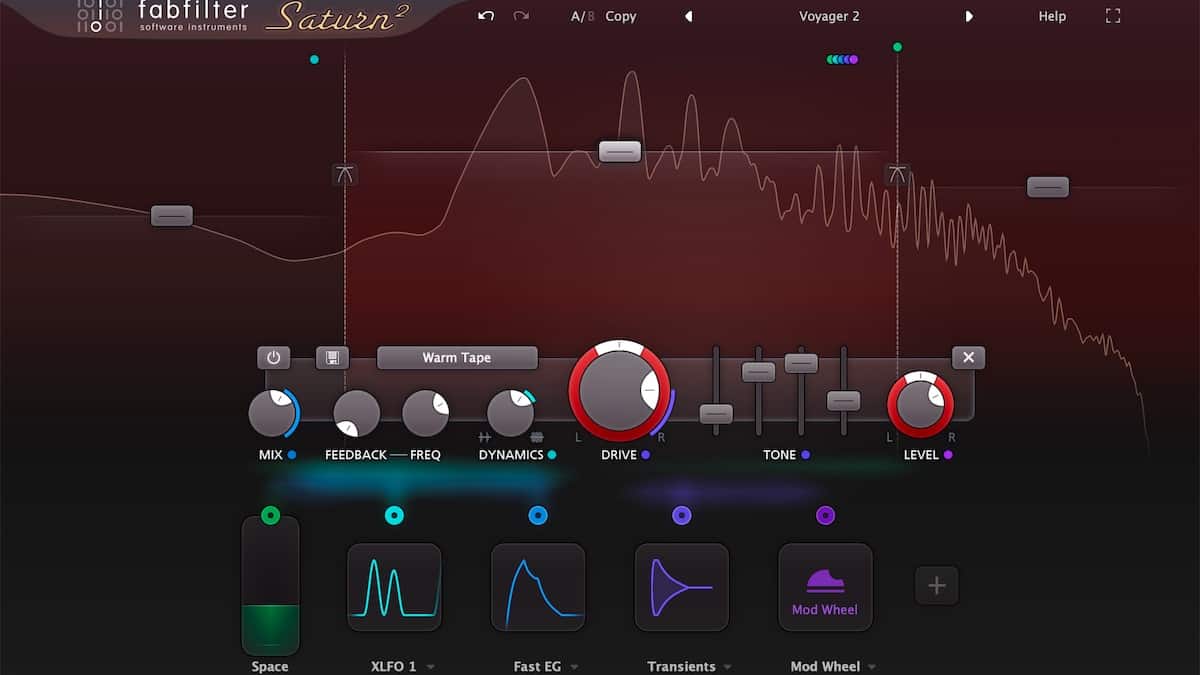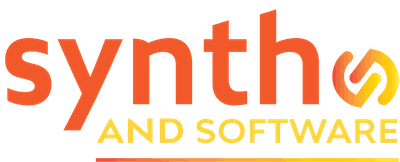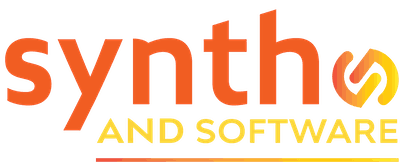In This Issue
FabFilter Updates its Plugins with Native Apple Silicon Support

Apple’s new M1 processor-based computers look set to kickstart a revolution in creative computing.
However, while the Rosetta 2 translation layer that enables software written for Intel processors to be used on Apple Silicon is impressive in its speed and stability, it’s not until that software is optimized for native deployment that the full potential of Apple Silicon can be realized.
Spearheading that optimization in the pro audio sector, FabFilter is proud to announce the introduction of Apple Silicon compatibility across its entire catalog. Every effect and instrument in the range – from the Pro-Q 3 equalizer, Pro-L 2 true peak limiter, and Pro-C 2 compressor, to the Pro-R reverb, Saturn 2 multiband distortion, Twin analog synth, and beyond – now loads natively in macOS Big Sur running on Apple Silicon (or as a Universal Binary on Intel Macs), in VST2, VST3 and AU formats. And drawing on their extensive experience of porting to iPad, the company didn’t stop there, going on to optimize CPU usage across their product line specifically for M1.
As well as giving early adopters of the M1 MacBooks and Mac mini their first taste of a bright third-party plugin future on Apple Silicon, the updates also fix a number of bugs, as well as adding support for Dolby Atmos 7.0.2 and 7.1.2 in the VST3 version of Pro-L 2 and Pro-Q 3, and optimizing various distortion styles in Saturn 2.
The updated plug-ins are fully compatible with previous versions. The latest versions and 30-day trials are available for download now at www.fabfilter.com/download.
System requirements are either Windows 10, 8, 7, Vista or XP (32-bit and 64-bit) and a VST 2/3 host or Pro Tools, or macOS 10.10 or higher (64-bit only) with Intel or Apple Silicon processor, and an Audio Units host, VST 2/3 host, or Pro Tools.















